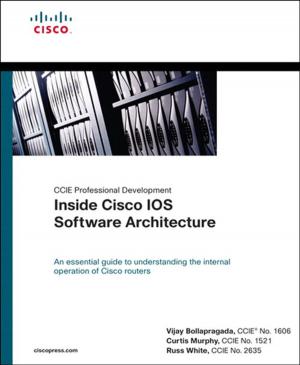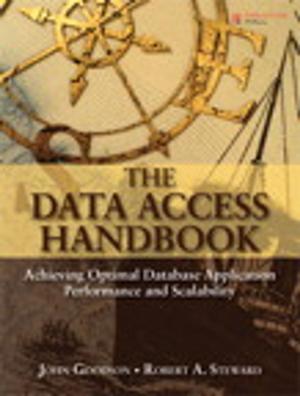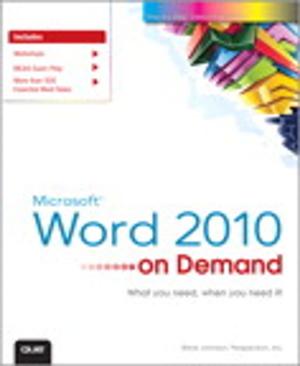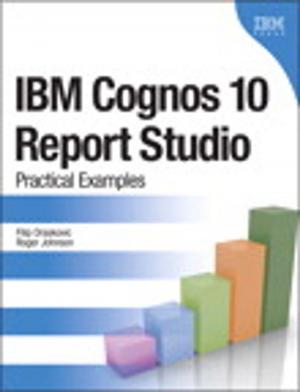The Network Challenge (Chapter 23)
Global Logistics: Integration of Financial and Physical Networks in Global Logistics
Business & Finance, Management & Leadership, Planning & Forecasting| Author: | Paul R. Kleindorfer, Ilias D. Visvikis | ISBN: | 9780137015535 |
| Publisher: | Pearson Education | Publication: | May 19, 2009 |
| Imprint: | FT Press | Language: | English |
| Author: | Paul R. Kleindorfer, Ilias D. Visvikis |
| ISBN: | 9780137015535 |
| Publisher: | Pearson Education |
| Publication: | May 19, 2009 |
| Imprint: | FT Press |
| Language: | English |
Logistics is at the center of network-based manufacturing strategies, linking manufacturing sources with intermediate and final markets. As global logistics networks have grown and developed, they also have presented new challenges in managing risk and volatility across these broad, global networks. In this chapter, Kleindorfer and Visvikis discuss changes in logistics and financial instruments such as derivatives that have emerged to value and hedge the cost of capacity and services in these markets. They trace the recent history of maritime logistics and describe the convergence and integration of the physical and financial networks that underlie the valuation and use of logistics services. Global logistics illustrates how network-based strategies have integrated financial and physical networks. It also shows the emerging tools and competencies that have been needed to manage new risks arising from these broader networks.
Logistics is at the center of network-based manufacturing strategies, linking manufacturing sources with intermediate and final markets. As global logistics networks have grown and developed, they also have presented new challenges in managing risk and volatility across these broad, global networks. In this chapter, Kleindorfer and Visvikis discuss changes in logistics and financial instruments such as derivatives that have emerged to value and hedge the cost of capacity and services in these markets. They trace the recent history of maritime logistics and describe the convergence and integration of the physical and financial networks that underlie the valuation and use of logistics services. Global logistics illustrates how network-based strategies have integrated financial and physical networks. It also shows the emerging tools and competencies that have been needed to manage new risks arising from these broader networks.















